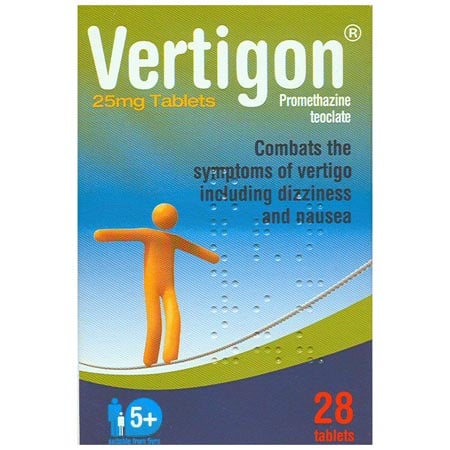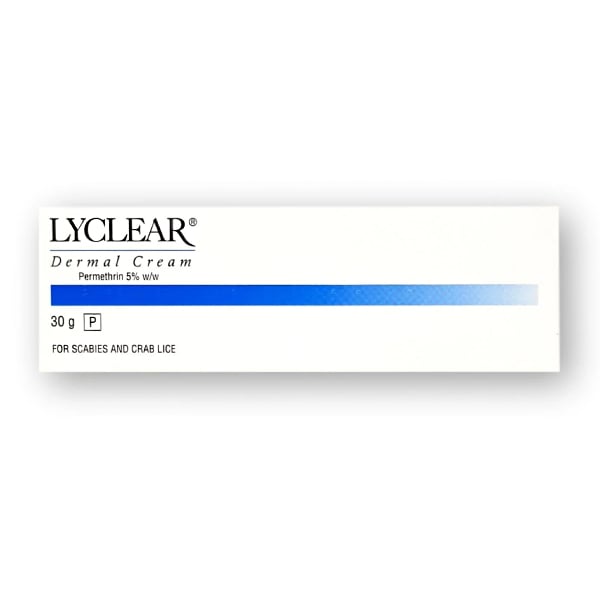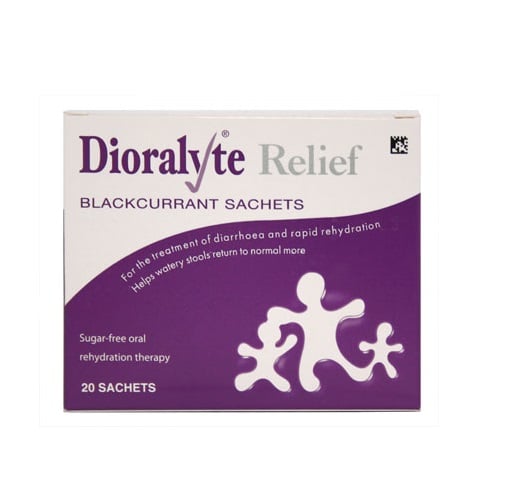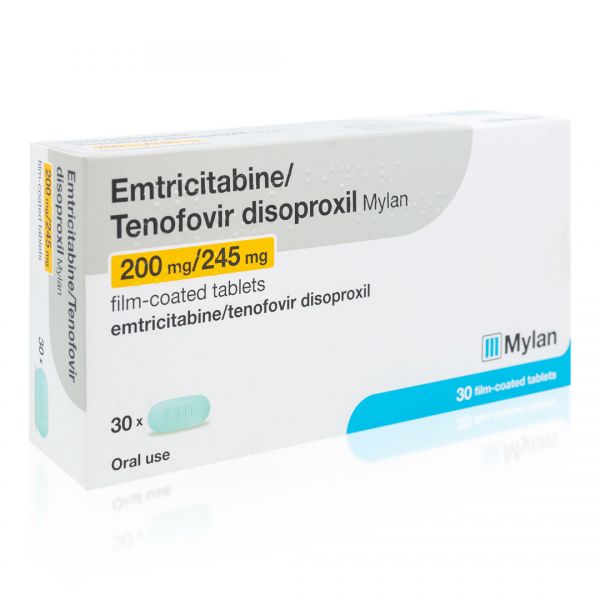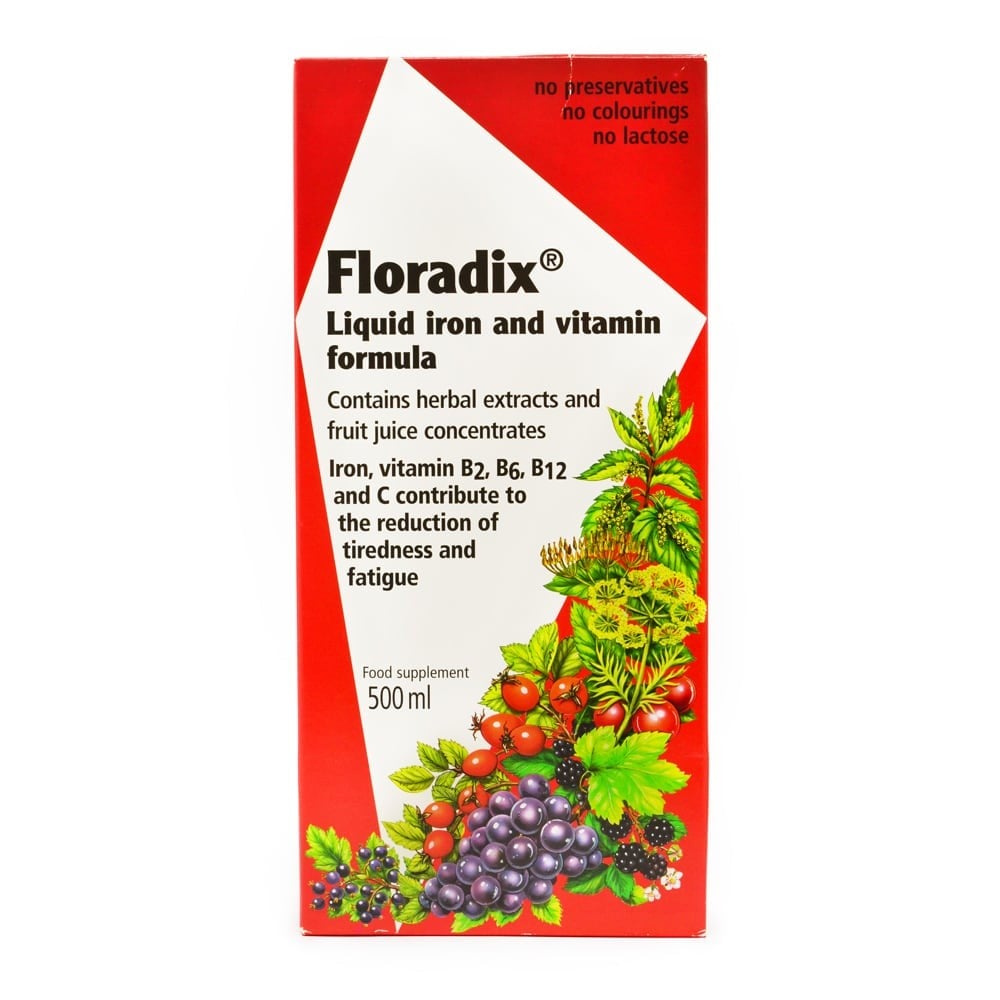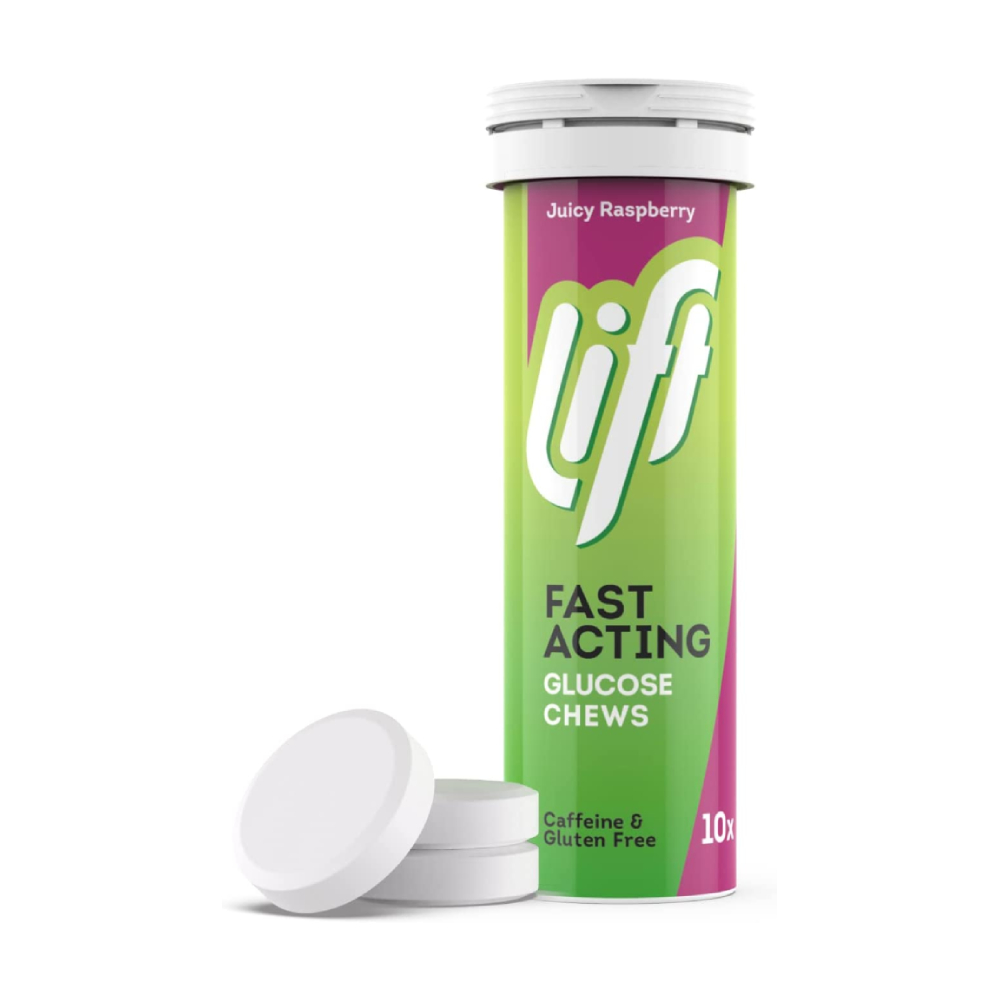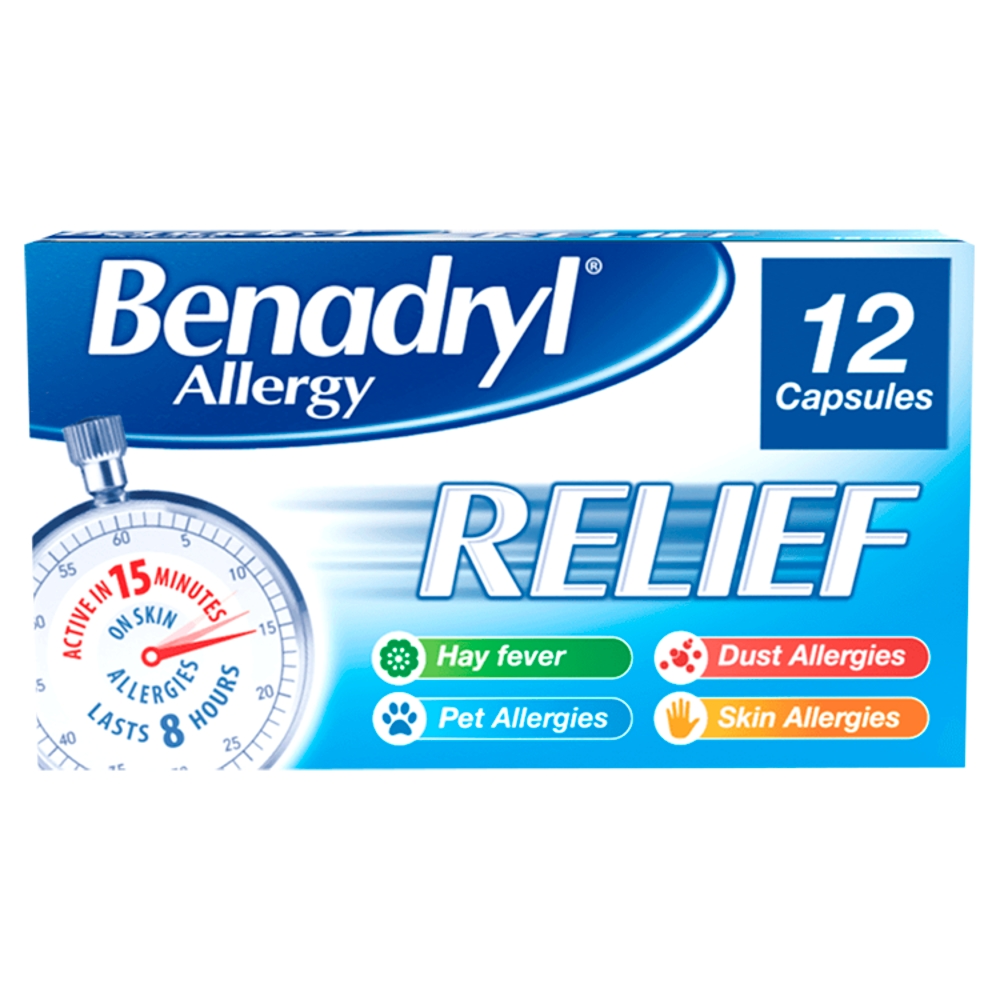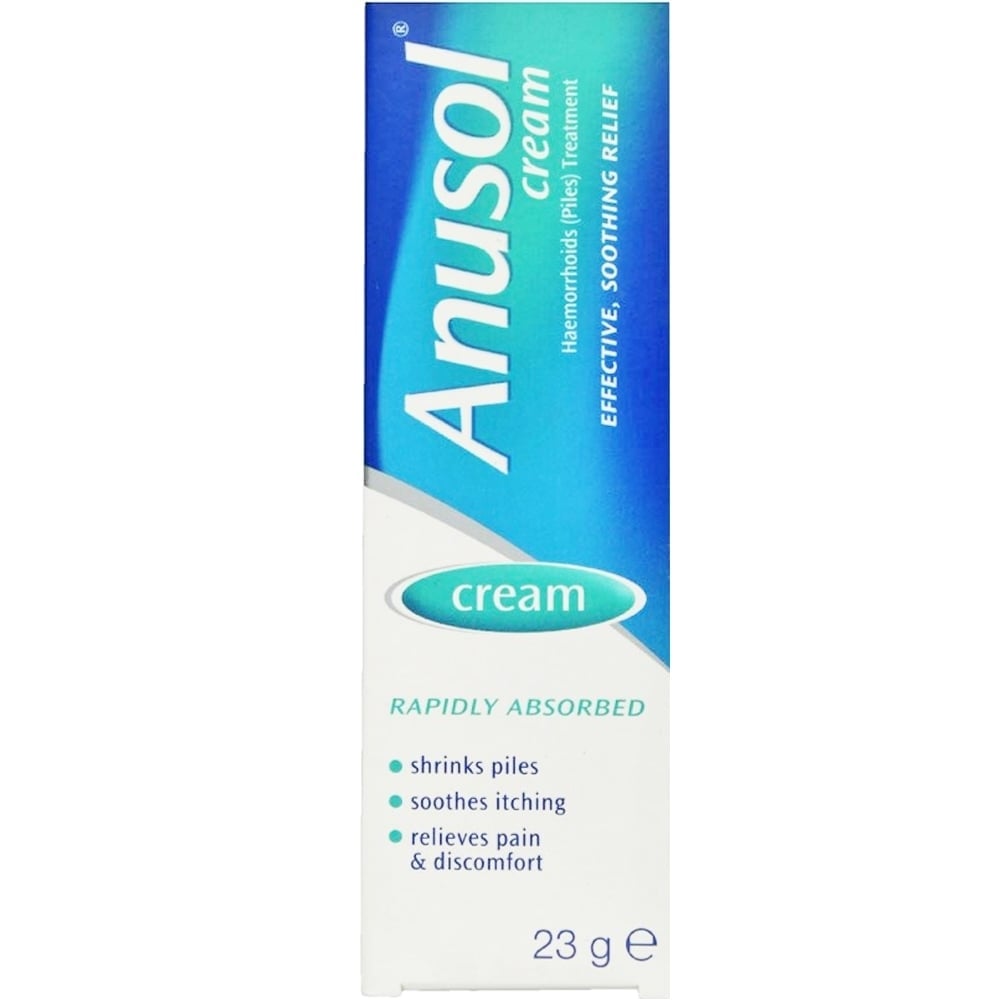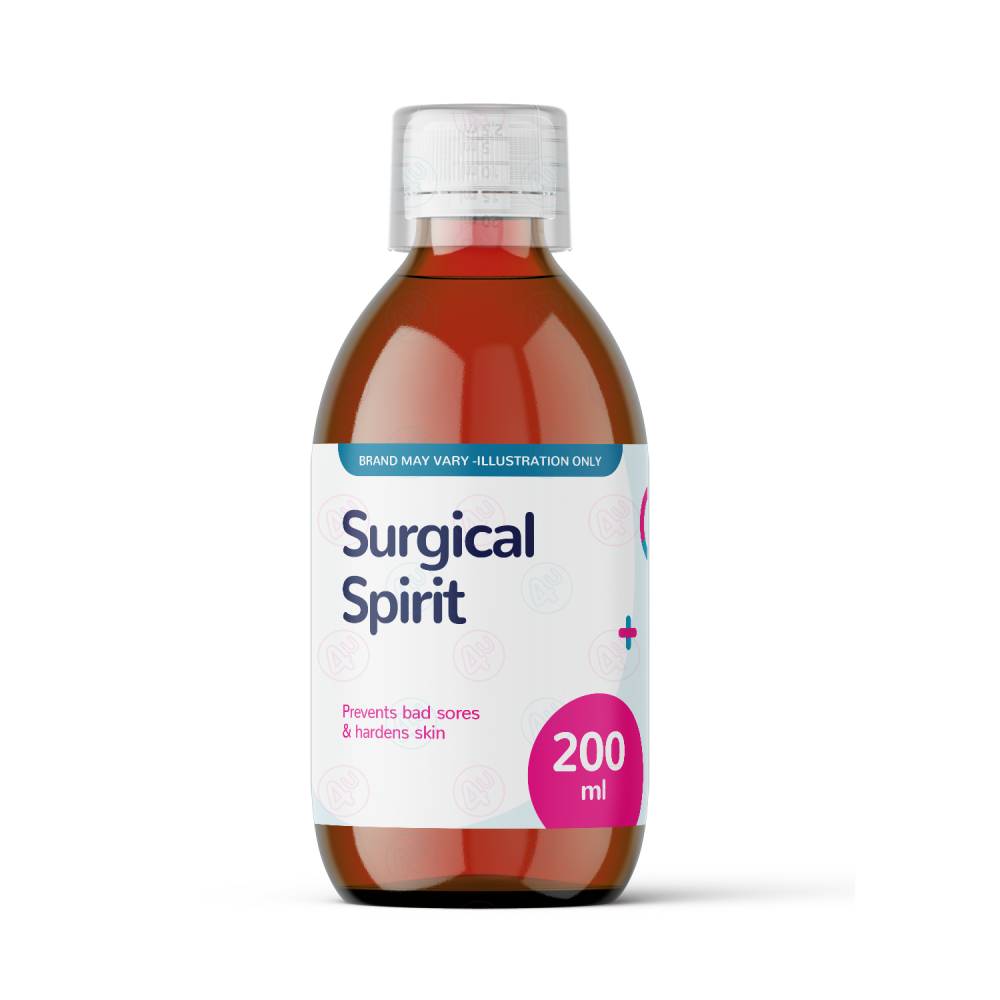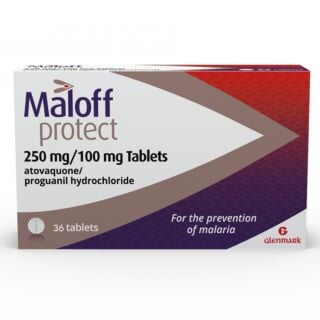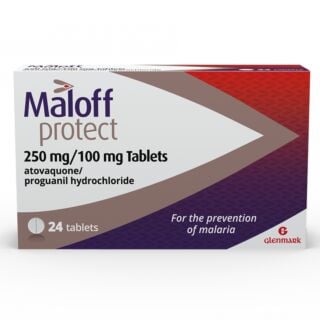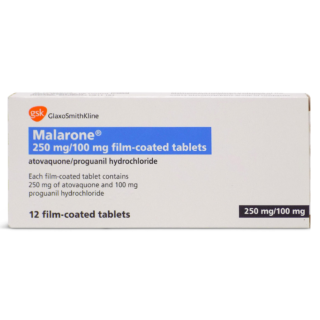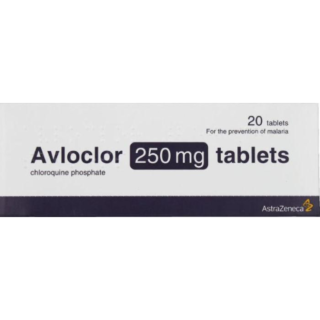Malaria Tablets
Malaria is a serious tropical disease spread by mosquitoes, but with the right precautions, it’s also preventable. … Read More See less
If you’re planning to travel to a country where malaria is a risk, taking antimalarial tablets can help protect your health and give you peace of mind. These medicines, while not 100% effective, work by stopping the malaria parasite from developing and multiplying in your body, significantly reducing your chances of becoming seriously unwell.
Understanding your options before you travel is key - and we’re here to help make that easier.
What is malaria?
Malaria is a severe illness caused by a parasite that’s passed to humans through mosquito bites.
It’s common in parts of Africa, Asia, Central and South America, and it can lead to severe symptoms if not treated quickly.
The most common signs include:
- Fever
- Chills
- Headaches
- Muscle pain
- Sickness
- Loss of appetite
Symptoms often start within 1-3 weeks after being bitten, and while malaria can be life-threatening, it’s also preventable and treatable with the right precautions and medication.
How is malaria spread?
Malaria spreads when an infected female mosquito bites a person and passes the parasite into their bloodstream through its saliva.
These mosquitoes are usually active at night and are more common in warm, tropical regions. You can’t catch malaria directly from another person – but in some rare cases it can be spread through blood transfusions, organ transplants or congenitally.
Because malaria can spread so easily, it’s important to protect yourself with mosquito repellent, take antimalarial tablets and follow other prevention measures when travelling to areas where malaria is a risk.
How do malaria tablets work?
Malaria tablets work by stopping the malaria parasite from growing and multiplying in the body.
If a mosquito carrying the parasite bites you, the medicine helps prevent it from taking hold and causing illness.
Different tablets work in different ways. Some stop the parasite from growing in the red blood cells, giving your immune system a better chance to fight it off. Others get to work earlier, stopping the parasite from developing in your liver so it never gets the chance to multiply and cause symptoms.
To be effective, you usually need to start taking the tablets before you travel. You then continue throughout your trip and keep going for a short time after you return.
They’re not a treatment for malaria if you’re already infected – instead, they’re taken to help prevent you from getting ill in the first place.
When taken correctly they offer strong protection, but they’re most effective when combined with other measures including mosquito repellents and bed nets.
Who needs to take malaria tablets?
Malaria tablets are recommended for anyone travelling to parts of the world where malaria is a risk, including:
- Large areas of Africa and Asia
- Central America
- South America
- Dominican Republic and Haiti
- Some parts of the Middle East
- Some Pacific islands
You may also be more vulnerable to serious illness from malaria if you’re pregnant, have a weakened immune system, if you’re over 65 or are a young child.
Even if you’ve had malaria before, you’re not protected for life. It’s therefore important to speak to a healthcare professional or use online travel health tools to check if you need protection for your destination, even if you’ve been infected before.
Different type of malaria tablets
There are a few types of antimalarial tablets. Which is the best one for you depends on where you're going, how long you’ll be away for and your medical history.
Here are some of the most commonly used tablets:
- Atovaquone/proguanil (e.g. Malarone)– A daily tablet that’s generally easy to take, with fewer side effects for most people. Start 1-2 days before travel and continue for 7 days after returning. Sometimes recommended for short trips or last-minute travel
- Doxycycline– A daily antibiotic that also helps protect against other infections as well as malaria. Start 1–2 days before travel and continue for 4 weeks after. It can make your skin more sensitive to sunlight, so it’s best to use high-factor sunscreen, wear protective clothing and avoid too much direct sun
- Mefloquine (Lariam)– Taken weekly, which can be easier for longer trips. Start 2–3 weeks before travel and continue for 4 weeks after. Not suitable for everyone due to potential side effects like sleep disturbances or mood changes
- Chloroquine and Proguanil– An older combination that’s now rarely used, as many regions have developed resistance to chloroquine. It may still be suitable for certain low-risk areas, but it's less commonly recommended today and has even been discontinued in the UK
Always check the latest travel health advice or speak to your GP or pharmacist to find the right option for your destination and travel plans.
Possible side effects of malaria tablets
Like all medicines, malaria tablets can cause side effects - but not everyone gets them, and most should be mild and manageable.
The side effects you might experience can vary depending on which tablet you take too.
Here are some of the most common ones to be aware of:
- Nausea or upset stomach – Taking tablets with food can help reduce this
- Headaches – Usually mild and short-lived
- Dizziness – Can affect your balance, especially when starting a new tablet
- Strange dreams or sleep problems – More commonly linked to mefloquine
- Sensitivity to sunlight – Particularly with doxycycline - use high-factor sunscreen and cover up in strong sun
- Diarrhoea – Often temporary and can be managed with hydration
If side effects persist or feel particularly severe, speak to a pharmacist or doctor as they may recommend a different tablet that suits you better.
If you feel especially unwell after taking malaria tablets - such as experiencing severe mood changes, chest pain or a serious allergic reaction - stop taking the medication and seek medical advice straight away.
Can I take malaria tablets with other medication?
This depends on which malaria tablet you’re taking and what other medicines you use.
Some antimalarials can interact with common medications - including antibiotics, epilepsy treatments and some antidepressants.
It’s important to tell your pharmacist or GP about anything you’re currently taking, including any over-the-counter and herbal remedies. They can then help you choose a malaria tablet that’s safe and effective for you and your circumstances.
What do I do if I forget a dose?
If you forget to take a malaria tablet, don’t worry, it happens, just take it as soon as you remember.
If it’s almost time for your next dose, you can skip the missed one and carry on with your usual schedule. Don’t take two doses at once to make up for a missed tablet.
Missing a dose can reduce your protection, so it’s a good idea to implement some strategies to help remind you. You could:
- Set a daily alarm or phone reminder
- Take your tablet at the same time as another daily habit, such as brushing your teeth or eating breakfast
- Use a pill organiser to keep track of each dose
- Write it down on a travel checklist or note it on your calendar
- Ask your travel companion to remind you – this can be especially useful on busy travel days
If you’re unsure what to do, or if you’ve missed more than one dose, speak to a pharmacist or doctor for advice.
Where can I buy malaria pills for travel?
Most malaria tablets in the UK require a prescription, but getting them is usually quick and straightforward.
You can buy them through an online pharmacy, at a travel clinic or your local high street pharmacy after a short consultation with a pharmacist or healthcare professional.
One exception is Maloff Protect, which is a branded version of atovaquone/proguanil. This is available over the counter from most pharmacies without a prescription - but only if it’s suitable for your travel destination and health needs.
To find the right tablets for your trip, you usually need to complete a quick health questionnaire. This helps ensure the medicine is safe for you and effective for your destination, especially if you're taking other medication or have pre-existing health conditions.
Do I still need to take other precautions against mosquito bites?
Even if you’re taking malaria tablets, it’s still important to protect yourself from mosquito bites. No tablet offers 100% protection, so using bite prevention methods helps reduce your risk even further.
Here are some simple ways to stay protected:
- Use insect repellent with at least 50% DEET - a strong ingredient that helps keep mosquitoes away by blocking their ability to detect you
- Wear long sleeves and trousers, especially in the evening and at night when mosquitos are most active
- Sleep under a mosquito net if your accommodation isn’t well-screened or air-conditioned
- Keep windows and doors closed or use screens to stop mosquitoes getting into your accommodation
Combining malaria tablets with these precautions gives you the best protection while travelling in high-risk areas.
Sources
- https://www.who.int/news-room/fact-sheets/detail/malaria
- https://www.fitfortravel.nhs.uk/advice/malaria
- https://www.cdc.gov/malaria/data-research/index.html
- https://www.nhs.uk/conditions/malaria/
- https://www.cdc.gov/malaria/causes/index.html
- https://healthclinics.superdrug.com/services/malaria-tablets
- https://healthclinics.superdrug.com/malaria-treatment/
- https://www.gov.uk/government/publications/malaria-prevention-transmission-symptoms/malaria-transmission-incubation-period-symptoms
- https://www2.hse.ie/conditions/malaria/antimalarials/
- https://www.publichealth.va.gov/exposures/mefloquine-lariam.asp
- https://www.gov.uk/guidance/malaria-news-and-updates
- https://digitalcommons.chapman.edu/cgi/viewcontent.cgi?params=/context/pharmacy_articles/article/1676/&path_info=Drug_interactions_with_antimalarial_medications_in_older_travelers_a_clinical_guide.pdf
- https://runwayhealth.com/forget-to-take-malaria-tablets/?srsltid=AfmBOoq-qDfZphLmjbdh3lGNt-UXtrijEmeyHjskSJ_35LyM4NXl3XQq

Free delivery when you spend over £39

100% discreet delivery for every item ordered

Fully regulated UK pharmacy
Are malaria tablets suitable for children?
Some malaria tablets, such as Chloroquine, can be taken by children, although the paediatric dose of these medications will be less than the one recommended for adults.
Children are particularly at risk of getting the complications which can come from malaria, so we wouldn’t recommend taking young children to a malaria zone.
If you absolutely must take your child to a country with a malaria risk, make sure to see your doctor so they can give your child a thorough check-up and recommend any anti-malaria medication they think would be appropriate.
Always follow the dose given by a doctor carefully if you’re giving a child anti-malaria tablets.
Can I buy malaria tablets over the counter?
You can buy malaria tablets over the counter from Chemist4 without a prescription, but you will need to answer some questions set by our pharmacists first.
This helps our pharmacy team be sure that you’re taking the right medication and that it’s safe for you to use.
As well as this, we’d recommend that you speak to your doctor before travelling into a malaria zone so they can give you a proper check-up and recommend the right anti-malarial for you.
Can I take malaria tablets when I’m pregnant or breastfeeding?
If you’re pregnant or breastfeeding, you should speak to your doctor before taking any malaria tablets.
Pregnant women are at high risk of complications if they get malaria, so we would recommend delaying any travel to malaria zones until after your pregnancy, to protect yourself and your unborn child.
If there is no way to avoid travelling to a malaria zone during your pregnancy, then your doctor may recommend a course of malaria tablets, but you should only take these if you have been told to do so by a doctor.
What is malaria?
Malaria is a very serious parasitic infection transmitted by the Anopheles mosquito.
Once the infection has entered the body, it travels to the liver then the red blood cells, eventually getting into the bloodstream.
Malaria is preventable and treatable, but there is a higher risk of death in poorer areas of the world where many people struggle to get the healthcare they need to fight the disease.

